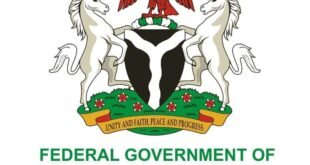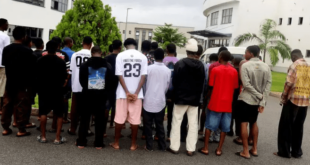Mark Zuckerberg has admitted that the Biden administration was “wrong” to ask Facebook to censor what he deemed “COVID misinformation” during the pandemic. The Meta CEO said in a letter to House Judiciary Committee Chairman Jim Jordan that they will fight any censorship efforts in the future, and also admitted that the company “demoted” stories about Hunter Biden’s laptop. He wrote that the White House “repeatedly pressured our teams for months to censor certain COVID-19 content, including humor and satire, and expressed a lot of frustration with our teams when we disagreed.” He said this pressure “was wrong” and regrets “not being more vocal about


‘We’ve done some of them
choices that, with hindsight and new information, we would not make today,” he added. “I firmly believe that we should not compromise our content standards because of pressure from any administration in either direction, and we stand ready to respond if something like that were to happen again.” A White House spokesperson told the DailyMail that the Biden administration’s policy is to encourage big tech companies to act responsibly. “When faced with a deadly pandemic, this administration encouraged responsible action to protect public health and safety. Our position has been clear and consistent: We believe that technology companies and other private actors should take into account the effects their actions have on the American people, while making independent decisions about the information they present.” A Meta spokesperson told The Wall Street Journal that the letter spoke for itself. Zuckerberg also said Meta would not repeat what it did in 2020, funding nonprofits to fund local election efforts, which Republicans criticized as “Zuckerbucks” intended to help liberals. He and his wife Priscilla Chan donated nearly $420 million to nonprofits that helped administer and build the 2020 election infrastructure, and heavily favored Democratic counties. Zuckerberg, 37, and Chan, 36, donated $419.5 million to the Center for Technology and Civic Life (CTCL) and the Center for Election Innovation and Research (CEIR), which the report said came with specific conditions.
 JamzNG Latest News, Gist, Entertainment in Nigeria
JamzNG Latest News, Gist, Entertainment in Nigeria









